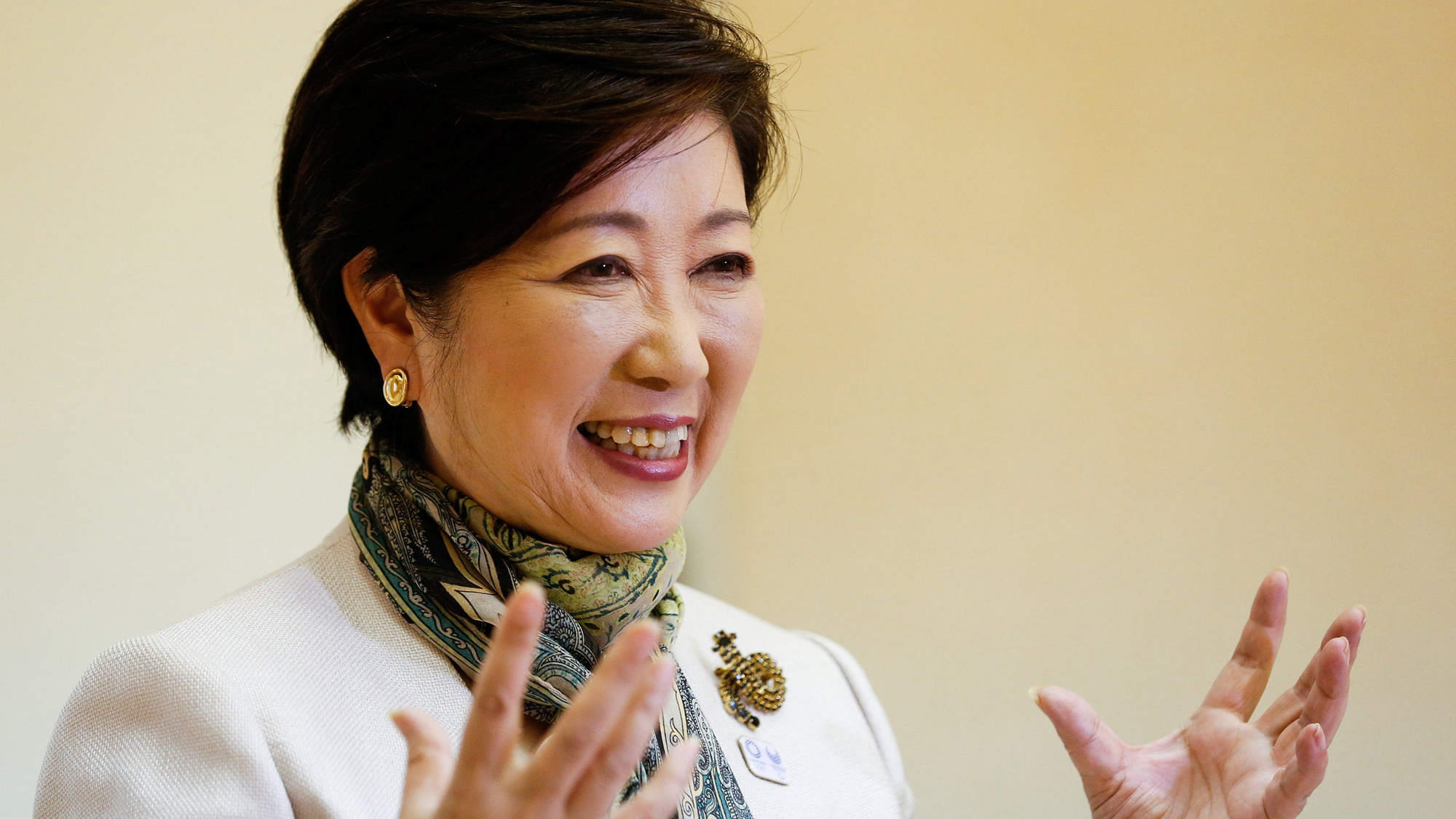
Business
18:57, 23-Jun-2017
Tokyo's financial hub ambitions: Can Japan's capital capture the lead?

By CGTN’s Steve Ross
Tokyo Governor Yuriko Koike recently announced the outline of a plan to transform Japan's capital city into a leading global financial center, even as investment firms move off-shore to lower tax environments such as Hong Kong and Singapore. Speed is of the essence if Koike hopes to reach the finish line by her own deadline, the upcoming 2020 Tokyo Olympics.
Governor Koike has stated that the city's goal is to move into finance's highest tier, upgrading Tokyo's business environment "10 times" to slash taxes and dismantle regulatory hurdles. The governor says that she is watching US President Donald Trump's moves on corporate tax rates, and is ready to take similar measures to remain competitive.

Tokyo Governor Yuriko Koike at an interview with in Tokyo, Japan May 29, 2017. /VCG Photo
Tokyo Governor Yuriko Koike at an interview with in Tokyo, Japan May 29, 2017. /VCG Photo
Paul Hunter, secretary general of the International Banking Association of Japan, acknowledges that Japan's corporate tax rate of roughly 30 percent is a vital factor.
“It is bigger than Hong Kong, Singapore, and London, but it is not higher than the US. But if the US, and the Trump administration changed its tax policy, then Japan would be at a disadvantage,” Hunter said.
At the Tokyo Stock Exchange, as at other world bourses, the trading action is now highly computerized. But, if Tokyo's bid to become a leading global financial hub is to succeed, the human factor will be key. Increasing Tokyo's human capital and IT expertise will require new faces, now made possible by Japan's recently relaxed visa and residency regulations for highly skilled workers.

VCG Photo
VCG Photo
“Working with the domestic fears of immigration, of giving people residency, what I would call ‘smart residency’ – as opposed to having immigration – will be a great move forward to an attracting financial center,” said Frank Packard, president of TAP Japan, a Tokyo-based financial advisory services firm.
The effort may ultimately come down to charisma. Governor Koike proposed the widely popular "Cool Biz" energy conservation program, and even founded a new political party.
“She's a very innovative leader, and I think that the ability that she had to create ‘Cool Biz’ when she was Environmental Minister, maybe her legacy now will be as a ‘cool governor’," said Packard.
2105km

SITEMAP
Copyright © 2018 CGTN. Beijing ICP prepared NO.16065310-3
Copyright © 2018 CGTN. Beijing ICP prepared NO.16065310-3